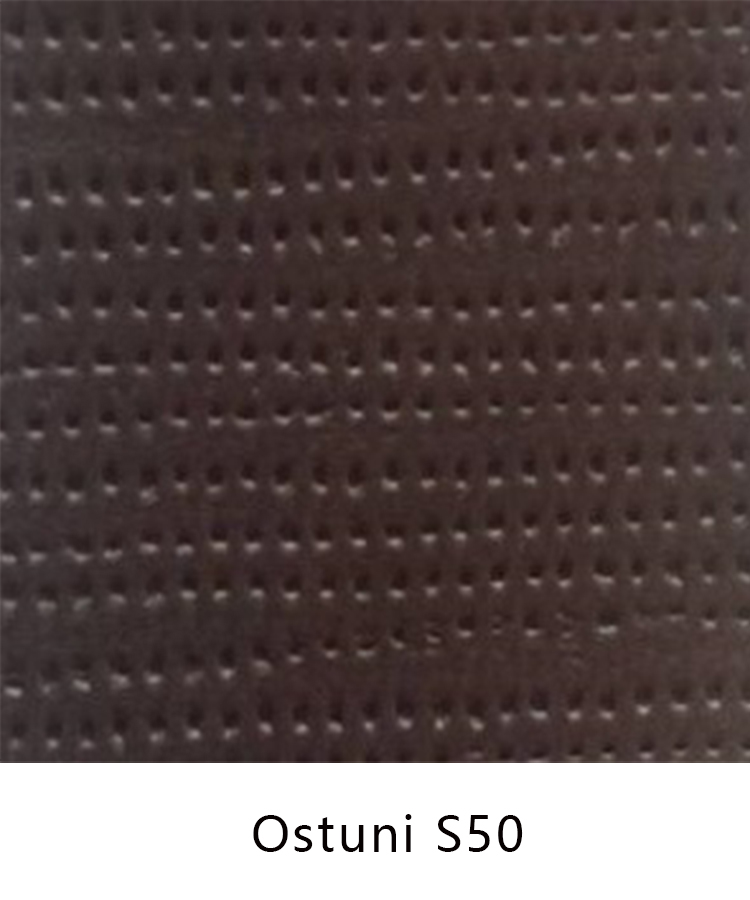Table of Contents
Pros and Cons of Using Notebook PCs for Work and School
Notebook PCs, also known as laptops, have become an essential tool for work and school in today’s digital age. These portable computers offer convenience and flexibility, allowing users to work or study from anywhere. However, like any technology, notebook PCs come with their own set of pros and cons that users should consider before making a purchase.
| Variety | Article Name |
| S | Thermo pu leather |
One of the main advantages of using a notebook PC for work or school is its portability. Unlike desktop computers, which are stationary and require a dedicated workspace, notebook PCs can be easily carried around and used on the go. This makes them ideal for students who need to take their work to class or professionals who travel frequently for work.
Another benefit of notebook PCs is their space-saving design. With a compact form factor, these laptops take up less space than traditional desktop computers, making them a great option for those with limited space. Additionally, notebook PCs often come with built-in features such as webcams, microphones, and speakers, making them a versatile tool for video conferencing and online collaboration.
In terms of performance, notebook PCs have come a long way in recent years. Many models now offer powerful processors, ample storage, and high-resolution displays, making them capable of handling demanding tasks such as video editing, graphic design, and gaming. This makes notebook PCs a viable option for professionals and students who require a computer that can keep up with their workload.
However, despite their many advantages, notebook PCs also have some drawbacks that users should be aware of. One of the main disadvantages of using a notebook PC is their limited upgradeability. Unlike desktop computers, which can be easily upgraded with new components, notebook PCs are often limited in terms of what can be upgraded. This means that users may need to replace their entire laptop when it becomes outdated or no longer meets their needs.
Another downside of notebook PCs is their shorter battery life compared to desktop computers. While some models offer decent battery life, others may require frequent charging, especially when performing demanding tasks. This can be a hassle for users who need to work or study for extended periods without access to a power outlet.
In terms of ergonomics, notebook PCs also have some drawbacks. The compact design of these laptops can lead to poor posture and discomfort, especially when using them for long periods. Additionally, the smaller keyboards and touchpads on notebook PCs may not be as comfortable to use as full-sized peripherals, which can lead to fatigue and strain on the hands and wrists.

In conclusion, notebook PCs offer a convenient and versatile option for work and school, with their portability, space-saving design, and performance capabilities. However, users should also consider the limitations of these laptops, such as their limited upgradeability, shorter battery life, and ergonomic challenges. Ultimately, the decision to use a notebook PC for work or school will depend on individual needs and preferences.
How to Choose the Best Notebook PC for Your Needs
Notebook PCs have become an essential tool for many people in today’s digital age. Whether you are a student, a professional, or someone who simply enjoys browsing the internet, having a reliable notebook PC is crucial. With so many options available on the market, choosing the best notebook PC for your needs can be a daunting task. In this article, we will discuss some key factors to consider when selecting a notebook PC that suits your requirements.
One of the first things to consider when choosing a notebook PC is the size and weight of the device. If you plan on carrying your notebook PC with you frequently, you may want to opt for a lightweight and compact model. On the other hand, if you need a larger screen for tasks such as graphic design or video editing, a larger notebook PC may be more suitable. Consider how you will be using the device and choose a size and weight that is comfortable for you.
Another important factor to consider is the performance of the notebook PC. The processor, RAM, and storage capacity of the device will all play a role in how well it performs. If you plan on using your notebook PC for tasks that require a lot of processing power, such as gaming or video editing, you will want to choose a model with a high-performance processor and plenty of RAM. Similarly, if you need a lot of storage space for files and applications, make sure to choose a notebook PC with ample storage capacity.

In addition to performance, consider the battery life of the notebook PC. If you plan on using your device on the go, a long battery life is essential. Look for a notebook PC that offers at least 8 hours of battery life to ensure that you can use it throughout the day without needing to constantly recharge.
When it comes to connectivity, make sure to choose a notebook PC that offers the ports and connections you need. Whether you need USB ports, HDMI ports, or an SD card reader, make sure the device has the necessary connections to support your devices and peripherals.
Finally, consider the operating system of the notebook PC. Windows, macOS, and Chrome OS are the most common operating systems available on notebook PCs. Each operating system has its own set of features and capabilities, so choose one that you are comfortable using and that supports the software and applications you need.
In conclusion, choosing the best notebook PC for your needs requires careful consideration of factors such as size, weight, performance, battery life, connectivity, and operating system. By taking the time to research and compare different models, you can find a notebook PC that meets your requirements and helps you stay productive and connected wherever you go.







